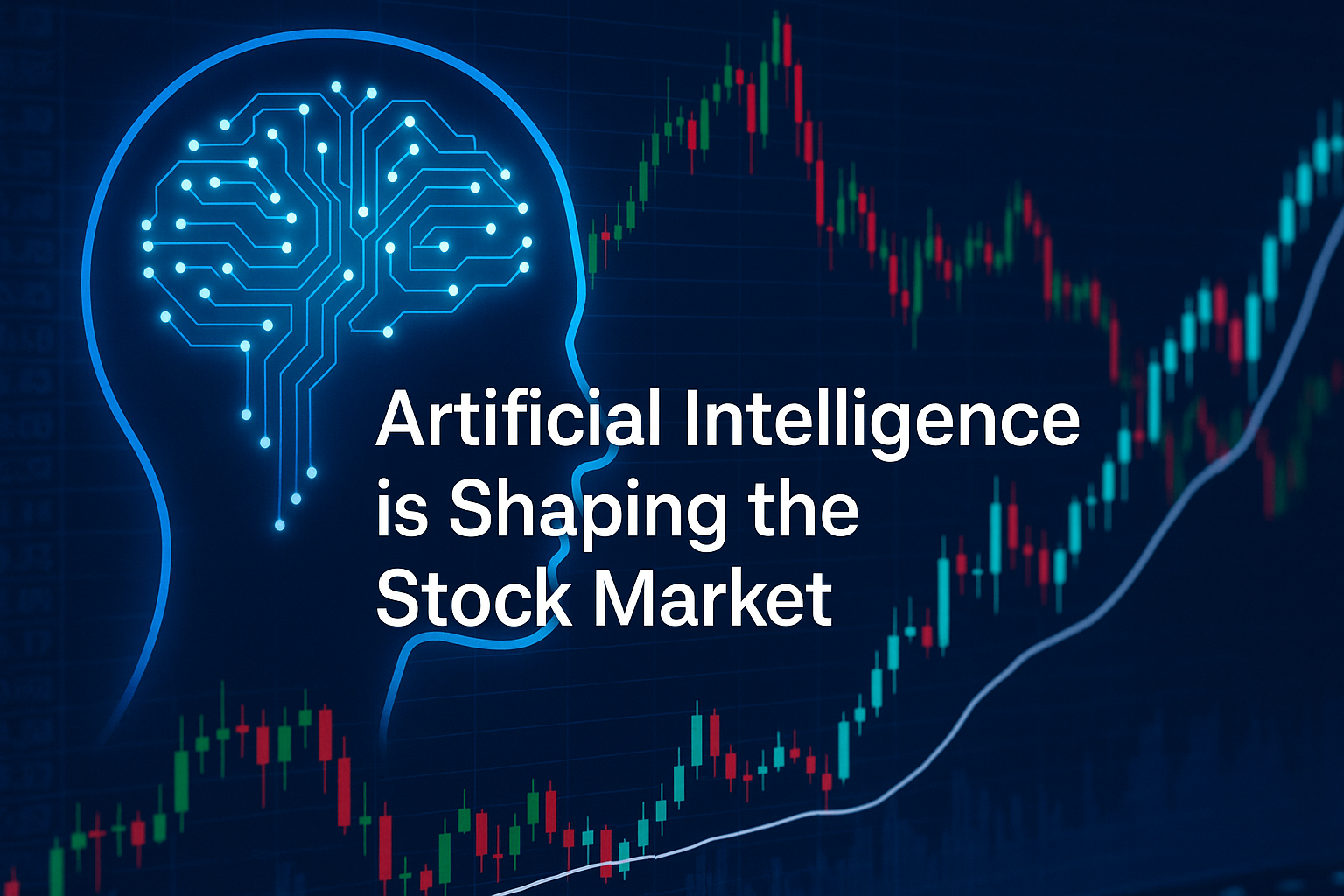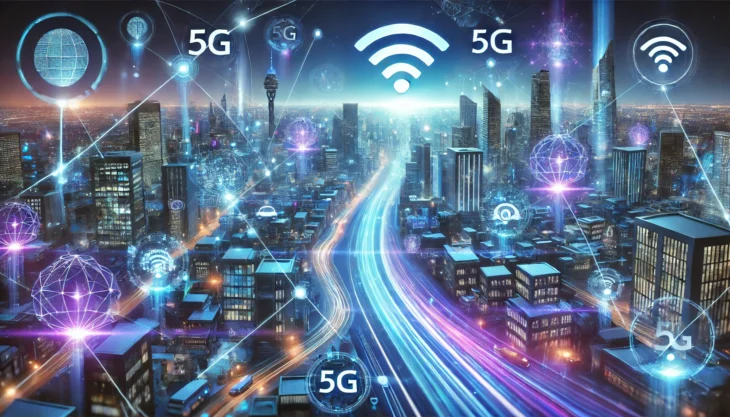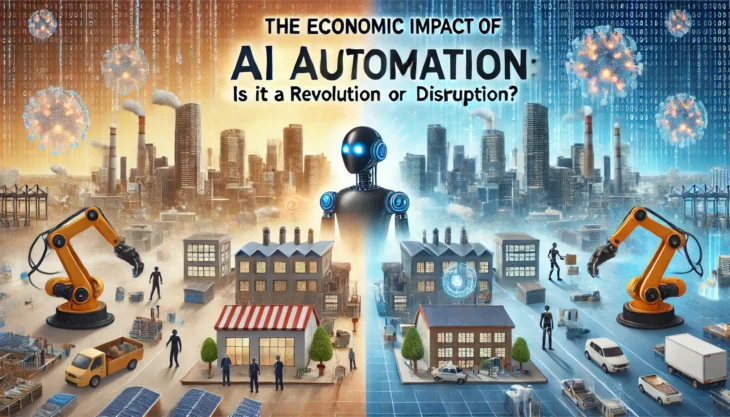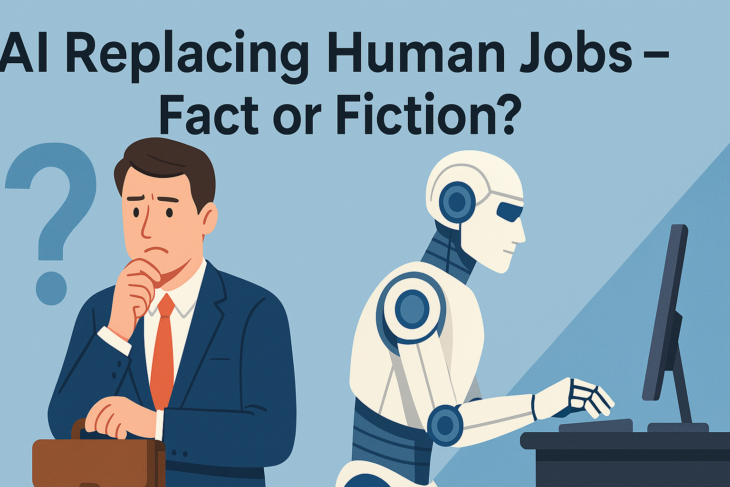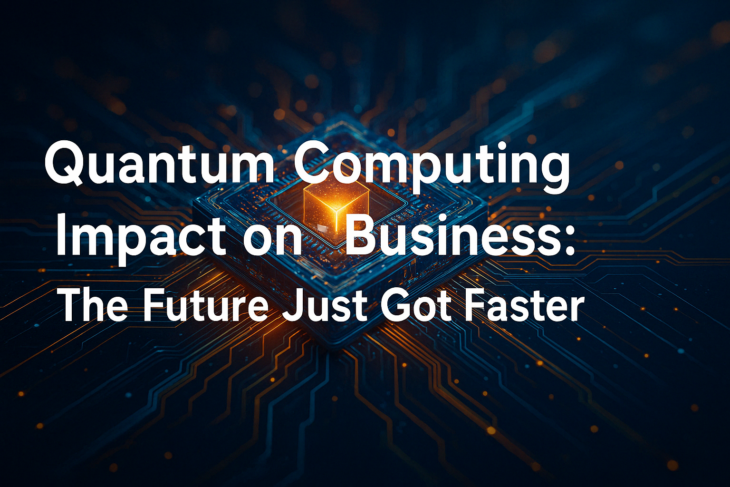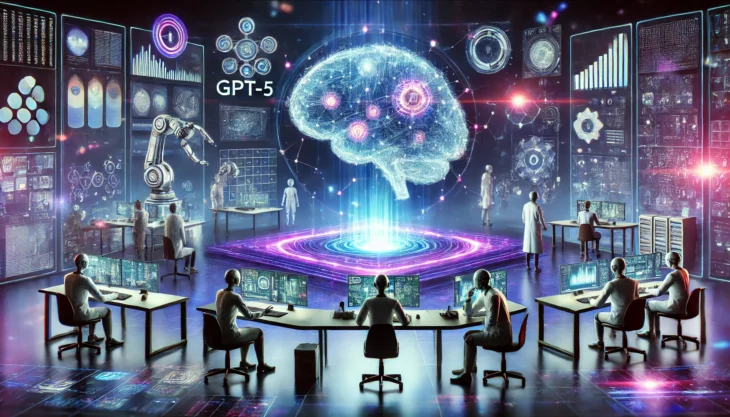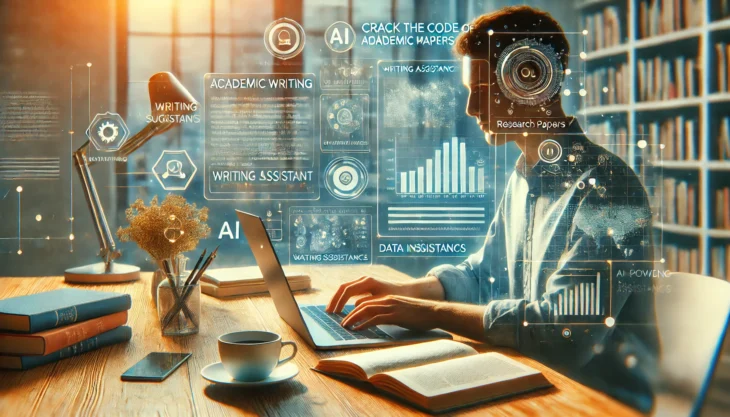The world of investing isn’t what it used to be. Gone are the days when stock trading was all about gut feelings, phone calls to brokers, and reading the morning paper. Today, it’s all about data. And lots of it. And leading the charge is artificial intelligence.
From robo-advisors to algorithmic trading, AI is quietly (or not so quietly) transforming how the stock market works.
In short, how artificial intelligence is shaping the stock market is one of the biggest stories in finance right now. Let’s break down what’s really happening.
AI in Trading: Smarter and Faster Decisions
At the heart of AI’s impact is speed and accuracy. Stock prices move in milliseconds. Human brains? Not so much. That’s where AI in trading shines. AI-powered algorithms can analyze massive amounts of data—from financial reports and news headlines to social media chatter—in real-time.
These algorithms don’t just look at numbers. They recognize patterns, trends, and even investor sentiment. For example, if a tech company posts better-than-expected earnings, an AI trading system might catch the news before the average investor even hears about it.
The algorithm can then make trades instantly, taking advantage of market movements before they happen.
It’s not just about speed. It’s about smarter decisions. AI can test thousands of strategies, simulate outcomes, and adjust to changing conditions. This means fewer guesses and more data-backed trades.
The Rise of Robo-Advisors
If you’re not a professional trader, AI still has your back. Robo-advisors are one of the most visible ways AI is changing investing for everyday people.
A robo-advisor is a digital platform that uses algorithms to manage your investments. You answer a few questions—about your goals, risk tolerance, and time frame—and the system builds a personalized portfolio for you. Then, it keeps an eye on your investments, rebalances them when needed, and even reinvests dividends automatically.
The best part? Robo-advisors often charge much lower fees than traditional financial advisors. They’ve opened the door to investing for people who may not have thousands to start with or don’t want to spend hours managing their money.
Stock Market Automation: Behind the Scenes
Much of today’s stock market is run on stock market automation. That means trades are being placed, adjusted, or canceled by machines without human involvement.
This automation is powered by AI. Trading firms use automated systems to execute complex strategies—like high-frequency trading—where hundreds of trades are made every second to take advantage of tiny price differences. While these trades may seem small individually, they can add up to huge profits over time.
AI also plays a major role in risk management. It can monitor positions, track volatility, and adjust strategies automatically to minimize losses. It’s like having a 24/7 risk analyst who never gets tired.
Predicting Trends and Reducing Human Bias
One of AI’s greatest strengths is its ability to predict trends. By analyzing historical data, AI systems can spot signals that humans might miss. This includes everything from seasonal patterns to how markets react to political events or global crises.
Humans are emotional creatures. We panic, we get greedy, and we often make decisions based on fear or hype. AI doesn’t do that. It sticks to the plan, follows the data, and avoids knee-jerk reactions. That’s a big reason why more institutions are leaning on AI for decision-making.
Challenges and Ethical Questions
Of course, AI isn’t perfect. There are real concerns about over-reliance on machines. For example, if too many trading systems respond to the same market signal at once, it can cause flash crashes or create unexpected volatility.
There’s also the issue of transparency. Many AI models—especially those using deep learning—are black boxes. It’s hard to know exactly why they made a certain decision. That can be risky, especially when billions are on the line.
Plus, who’s responsible if an AI system makes a bad call? The company? The developer? These are ethical questions the financial world is still trying to answer.
What This Means for the Future
It’s clear that how artificial intelligence is shaping the stock market is a story that’s still unfolding. What we know is this: AI is making trading faster, smarter, and more accessible. It’s giving investors—big and small—new tools to make informed decisions. And it’s redefining the role of human judgment in finance.
But like any powerful tool, it needs to be used wisely. As AI continues to evolve, regulators, investors, and developers will need to work together to ensure it brings stability and fairness to global markets.
For now, one thing is certain. Artificial intelligence isn’t just part of the stock market’s future. It’s already shaping its present.

